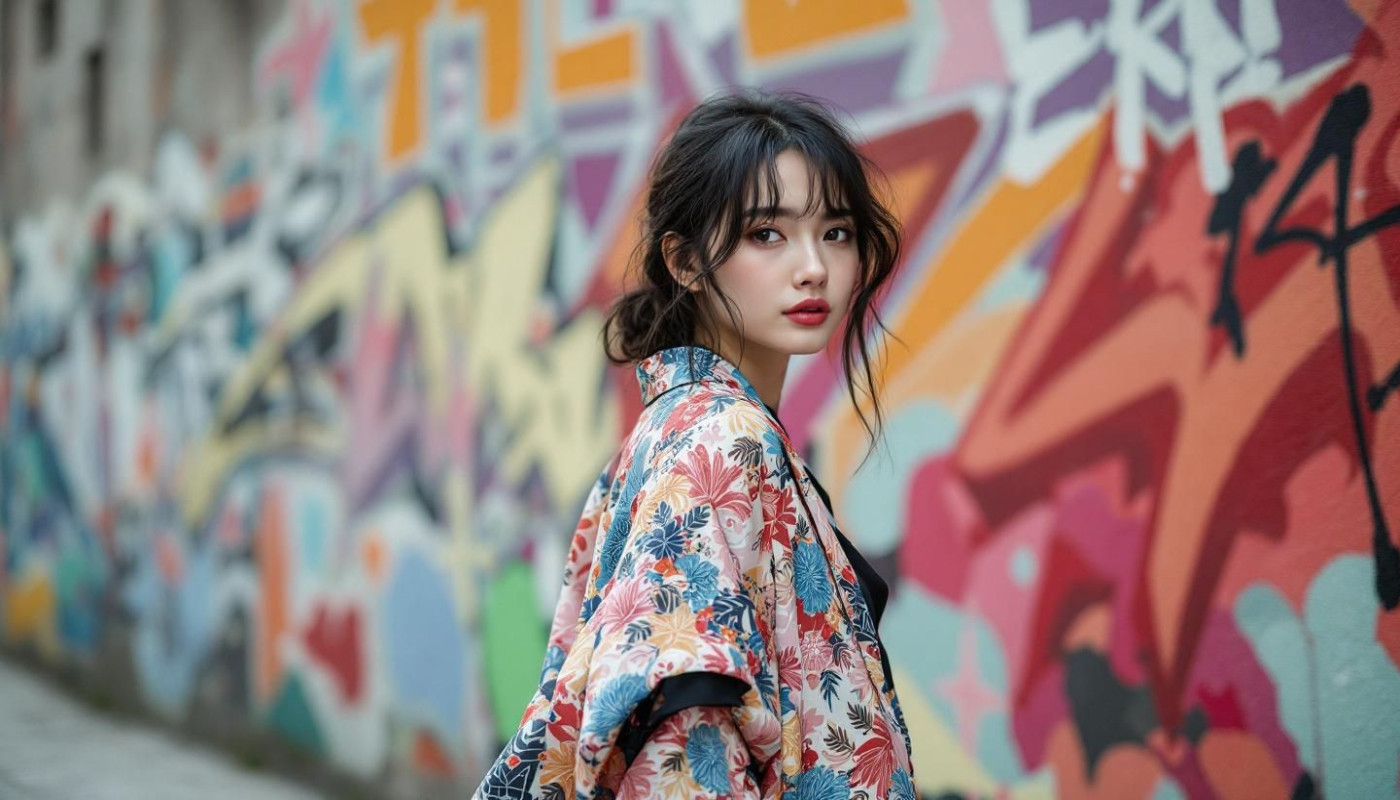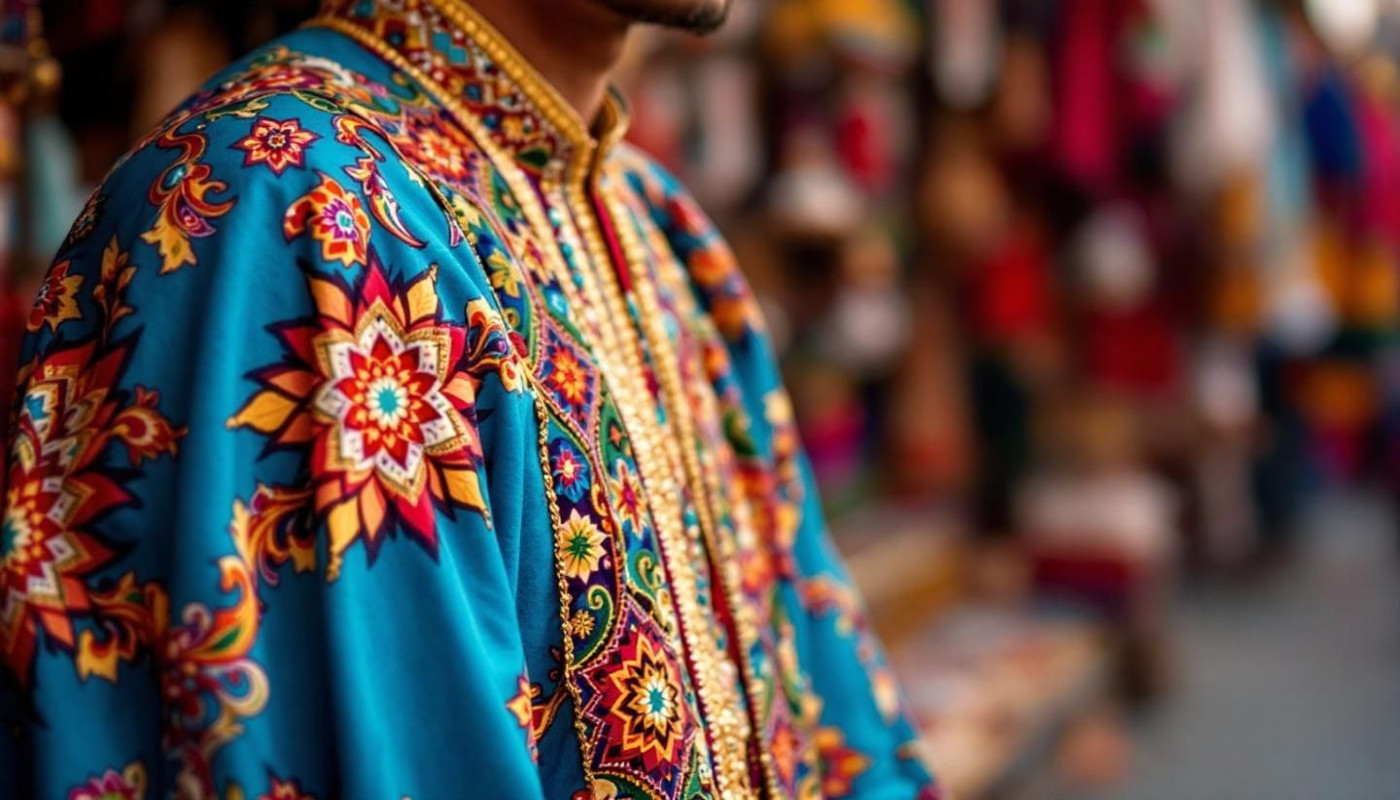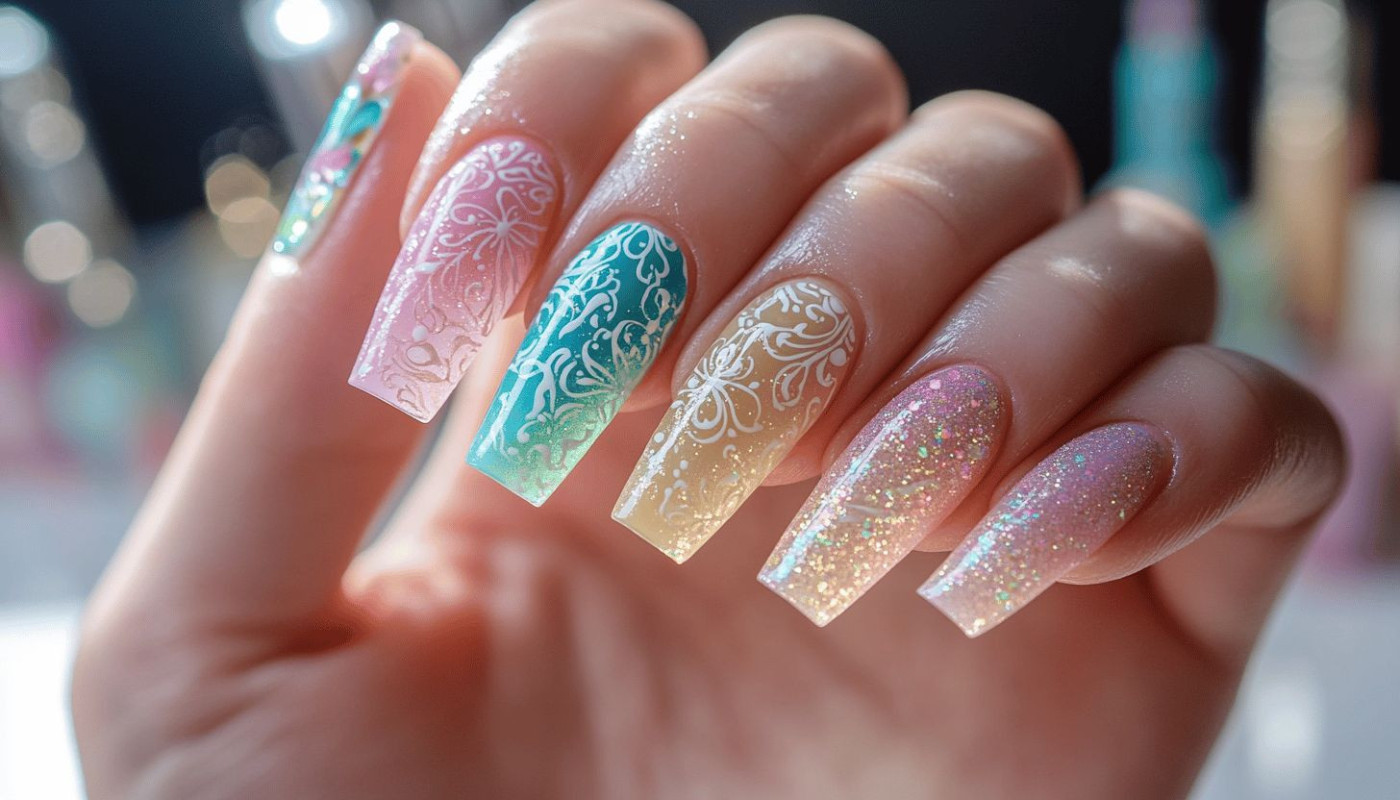Table of contents
The dynamic world of fashion is an ever-evolving landscape where the past and present collide to shape the future. Among the myriad of influences, iconic figures loom large, casting a long shadow over modern trends, particularly in the realm of streetwear. This influence shapes not just the clothing people wear but the very fabric of cultural identity across generations. This fusion of style and iconography has resulted in a unique synergy, propelling streetwear from niche subcultures to mainstream prominence. Yet, what is it about these figures that resonates so profoundly with contemporary sensibilities? Delving into the impact of iconic figures on modern streetwear trends reveals a complex interplay of nostalgia, innovation, and cultural currency. By exploring this phenomenon, one gains insight into the forces that drive the zeitgeist of today's fashion. Engage in this exploration to unravel the threads that connect revered icons to the pulsating heart of streetwear's appeal.
Historical Influence and Modern Interpretation
Throughout the evolution of streetwear, the shadow of history looms large, with fashion icons of the past being continuously reimagined in the tapestry of modern apparel. This vintage revival sees the sartorial choices of historical figures serving as a rich source of inspiration, undergoing a modern reinterpretation that resonates with contemporary audiences. The style adaptation process is intriguing, as it often involves blending timeless aesthetics with cutting-edge design techniques, breathing new life into iconic looks.
This phenomenon is not merely an aesthetic resurgence; it represents a dialogue between the eras, where the old is repurposed to meet the new. Designers glean from the visual vocabularies of past fashion icons, ensuring their legacies endure within the eclectic realm of streetwear. Such a resurrection of classic styles in modern guises is emblematic of streetwear's inherent adaptability and its penchant for celebrating diverse influences. By analyzing this trend, one can appreciate the enduring impact that historical figures have on the fashion narratives of today.
The Role of Media in Amplifying Iconic Styles
The media plays a pivotal role in magnifying the influence of iconic figures on the ever-evolving canvas of streetwear. Integral to this process is the rapid dissemination of style through various channels, with social platforms standing at the forefront of this cultural exchange. The democratization of fashion via these platforms has catalyzed the transformation of individual looks into viral trends, with influencers and celebrities acting as the primary agents of this change. As these personalities don the latest streetwear, their followers are quick to emulate, leading to the widespread adoption of particular aesthetics.
The advent of visual culture through mediums such as Instagram, Twitter, and YouTube has accelerated the media influence on fashion trends. Within this visually-driven ecosystem, the iconography associated with certain public figures becomes a language of its own, often carrying with it connotations of authenticity, rebellion, or luxury. Such symbolic representation is not only a testament to the personal brands of these icons but also serves as an inspirational blueprint for the masses. Consequently, what begins as a distinctive outfit choice of a renowned figure can, when amplified by the media, morph into a ubiquitous component of streetwear culture.
Psychology Behind the Iconic Figure Appeal
Aspirational dressing plays a pivotal role in the way individuals choose their wardrobe, particularly when it comes to modern streetwear influenced by iconic figures. This concept reflects a desire not only to emulate the aesthetic attributes of influential personalities but also to capture a fragment of their success and public regard. The psychological appeal of such figures can be profound, with their public personas often becoming blueprints for self-expression and identity formation among admirers. Streetwear, with its roots in counterculture and rebellion, provides a canvas for individuals to align with the cultural identity espoused by these iconic figures. Furthermore, the adoption of streetwear trends associated with such individuals fosters a sense of group belonging, reinforcing social connections within communities that share similar sartorial preferences. A social psychologist would note that this emulation of style goes beyond mere fashion choices; it is a complex process of cultural assimilation and personal evolution. Through the lens of streetwear, iconic figures do not merely sell clothing; they offer membership to an aspirational tribe whose values and attitudes are woven into the fabric of the clothes themselves.
The Impact of Streetwear on Self-expression and Individuality
Streetwear has long been a canvas for personal expression, a sartorial statement that speaks to individuality. It's where high-low fashion converges, allowing for a medley of luxury and casual pieces to come together, creating unique aesthetics that resonate with the wearer's personal narrative. Such style inspiration often stems from iconic figures whose fashion choices become a blueprint for others. The influence of these individuals can be profound, with every hoodie, sneaker, or Malcolm X shirt holding the potential to communicate messages about identity, political stance, or cultural affiliations.
These garments are more than just items of clothing; they serve as extensions of a person's character and beliefs. In embracing streetwear, one embraces a form of nonverbal communication that tells a story of who they are or aspire to be. This intersection of fashion and personal identity is what makes streetwear an enduring phenomenon. It not only enables but celebrates the individuality of each person, making every ensemble a curated piece of art. Whether it's through a meticulously chosen accessory or a bold graphic tee, wearers shape their image and, by extension, influence the fabric of streetwear culture itself.
Cultural Movements and Their Influence on Streetwear
Streetwear, a style deeply rooted in the casual comfort of urban clothing, has evolved into a fashionable canvas for expressing cultural movements. The symbiotic relationship between streetwear and cultural shifts is undeniable. Iconic figures often take center stage as representatives of these movements, influencing trend adoption by showcasing styles that resonate with the zeitgeist of their time. The attire worn by these figures becomes a visual lexicon for the beliefs and cultural nuances of an era. Symbolic adaptation is also a significant factor in the evolution of streetwear; garments are not just items of clothing but canvases for ideologies. The adoption process of streetwear trends is almost organic as these pieces of apparel absorb the essence of cultural evolution, from underground scenes to mainstream markets. It is in this transformation that streetwear becomes both a product of cultural movements and a medium through which the narrative of iconic representation continues to develop and influence.
Similar articles

Exploring The Cultural Significance Of Modern Kimono Jackets

Exploring The Cultural Significance Of Traditional Kaftans

How Nail Stickers Transform Your Manicure Routine Effortlessly

Exploring The Versatility Of Seasonal Nail Wrap Designs

The Influence Of Reggae And Rastafarian Culture On Modern Fashion Trends

The Evolution And Cultural Significance Of Durags In Fashion

How Slide Sandals Became A Global Trend: A Look At Their Fashion Evolution

Buying Y2K clothing : what are the tips for making the right choice ?
